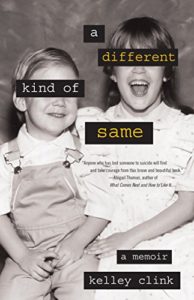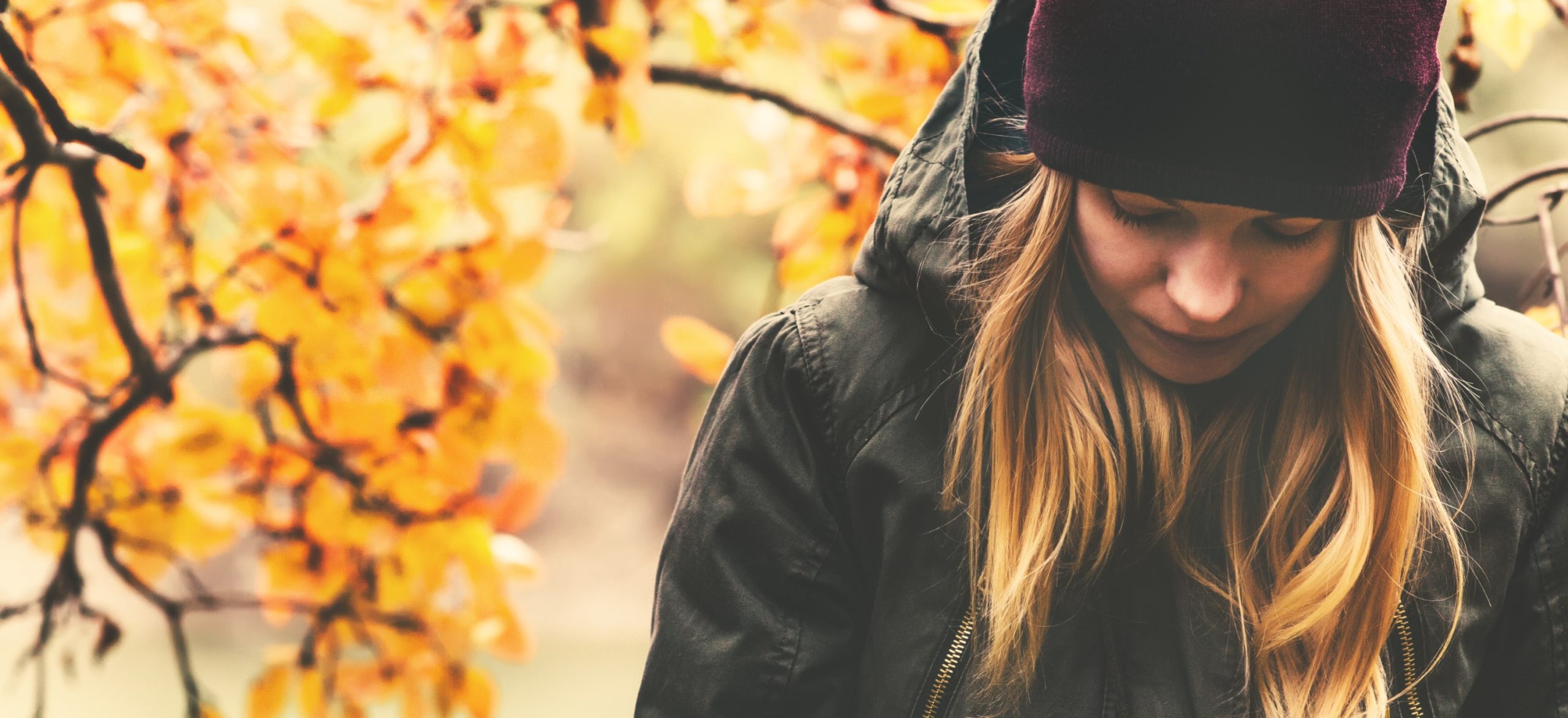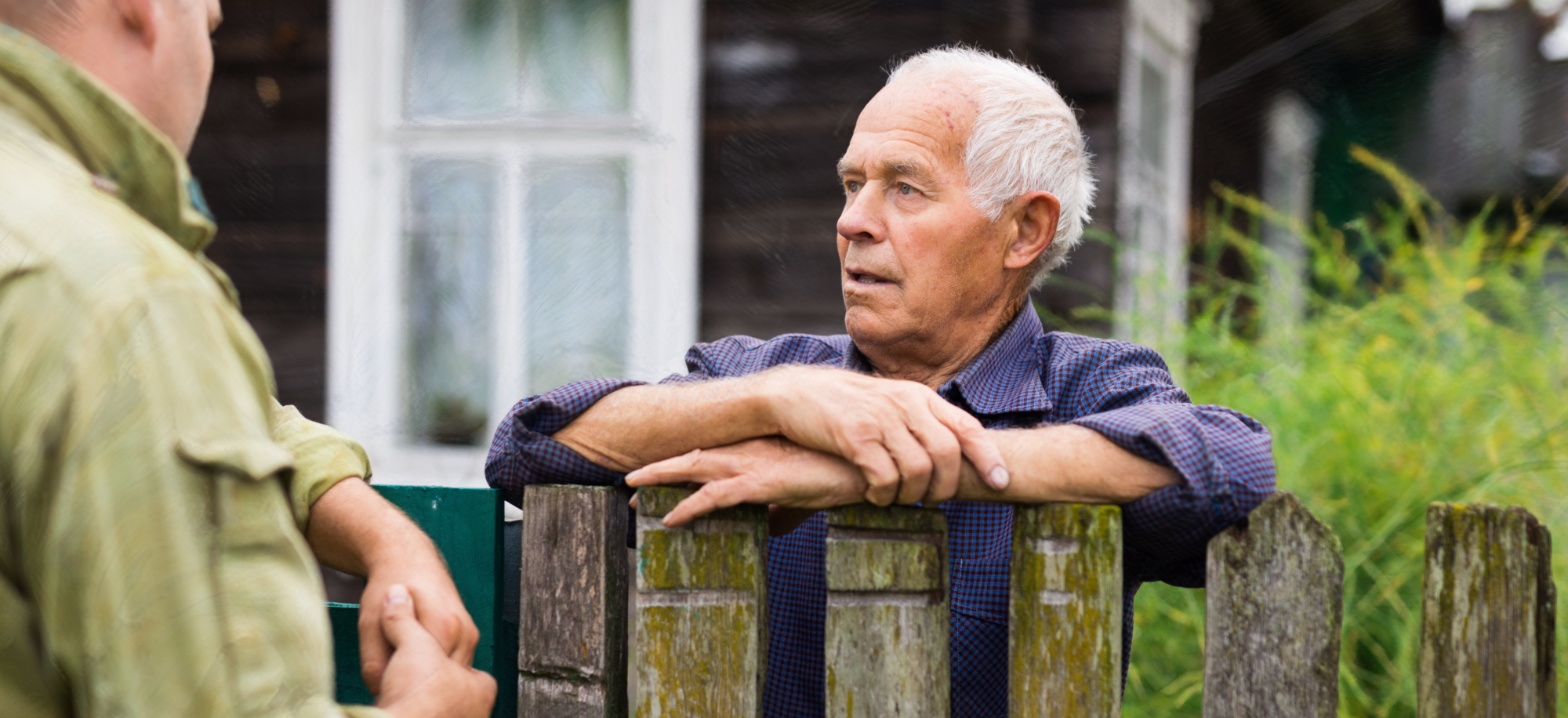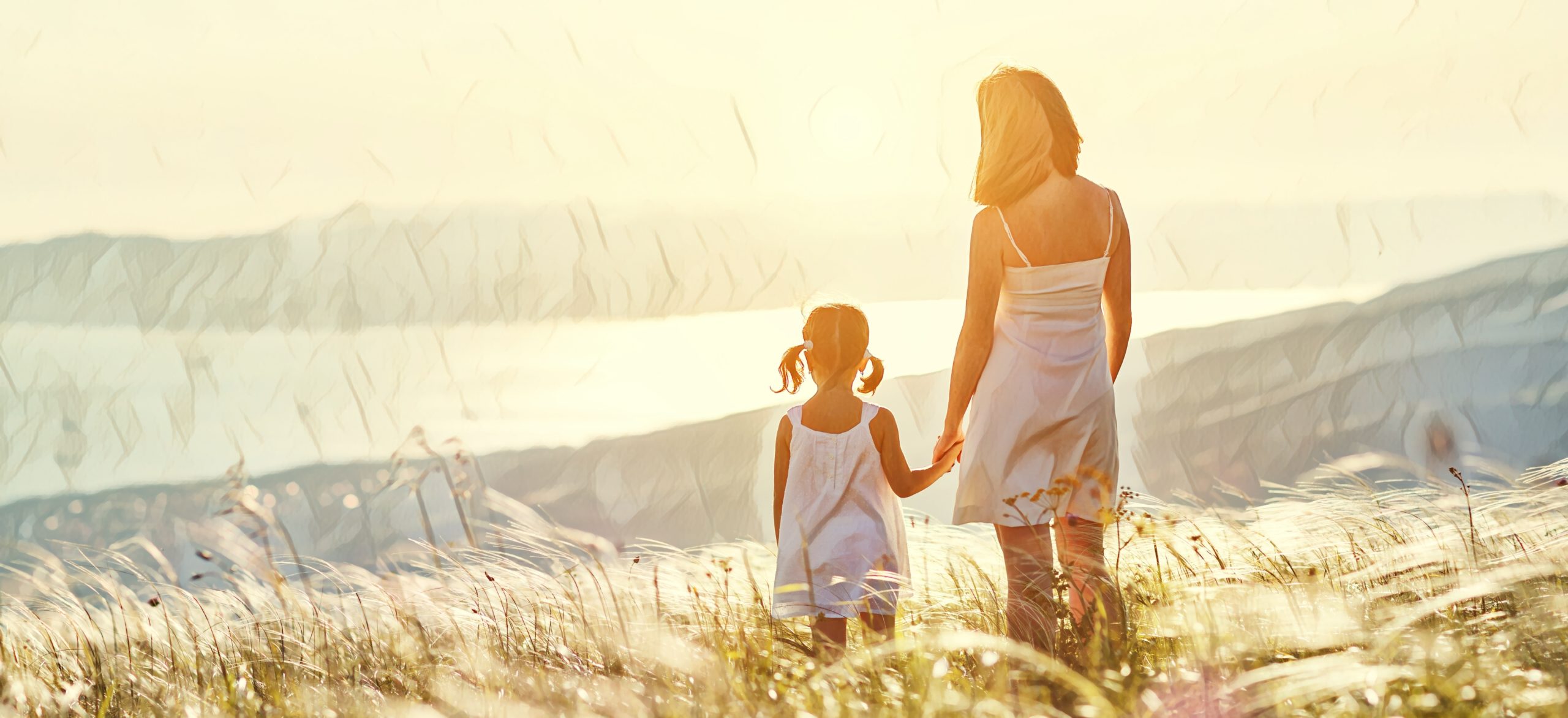 Since writing A Different Kind of Same about losing my brother to suicide, I’ve had the privilege of talking to a couple of book clubs. Yesterday I did a Q&A with one over the internet. It was a great group of women who were friendly and engaged. They had prepared insightful questions and made me feel welcome, even though I was kind of awkward and super nervous. I can’t shake the belief that I’m rubbish in person. I think a lot of writers feel this way. Like, I’m happy to respond to any questions you have; just give me six months to write 15 drafts of my answer. But overall (I think) I managed to sound coherent. Until one woman asked, “How do you deal with the feelings of guilt and helplessness?”
Since writing A Different Kind of Same about losing my brother to suicide, I’ve had the privilege of talking to a couple of book clubs. Yesterday I did a Q&A with one over the internet. It was a great group of women who were friendly and engaged. They had prepared insightful questions and made me feel welcome, even though I was kind of awkward and super nervous. I can’t shake the belief that I’m rubbish in person. I think a lot of writers feel this way. Like, I’m happy to respond to any questions you have; just give me six months to write 15 drafts of my answer. But overall (I think) I managed to sound coherent. Until one woman asked, “How do you deal with the feelings of guilt and helplessness?”
That shut me right up.
You see, this club lost one of its members to suicide last year. They were right there in it, in the messiest, stickiest part of grief.
I floundered. There were a lot of “Ummmm,” and “Wow, that’s a good question,” and a few ramblings about grief as evidence of deep love. I finally said I needed more time to think about it and asked if I could email them my response. “I want to give you guys a really good answer,” I said.
The problem was that I already knew the answer, and I was worried that it was crappy. Nearly 12 years out from my own loss, I still want to believe there’s something we can do to escape all that pain. There should be a handbook, a manual, or at least a list of helpful suggestions. I know there are a few things we can try: We can read books about grieving; we can talk to our friends and family about what we’re feeling; we can pray, or meditate, or go for walks in quiet places; we can volunteer with suicide prevention efforts. These are all things I did, and they helped, some. But the truth is that the only way to deal with guilt and helplessness is to feel them, to let them soften us, to let them be part of our grief, and to be as gentle with ourselves as possible.
It’s awful. It’s really, really uncomfortable. It hurts. It takes a long time. And it isn’t fair.
All last night I pouted and grumbled about it. I didn’t want to be the bearer of this bad news. I wanted to be the hero, the sage, the one who knows where all the land mines are buried in the field of grief and, most important, how to dig them up safely. Then I remembered a quote that one of the other women shared at the end of our meeting, from the author Marianne Williamson.
“Something very beautiful happens to people when their world has fallen apart: a humility, a nobility, a higher intelligence emerges at just the point when our knees hit the floor.”
And I realized, “Who am I to stop anyone’s knees from hitting the floor?” The intent — to decrease someone’s suffering —is pure, but the action robs survivors of the validation their grief needs. The most powerful, most helpful thing I know to do is to tell the truth, even when it isn’t what I want it to be. I also remembered that when you stop trying to chase away the guilt and the hopelessness, they have room to become kindness and compassion. When you give them space, they can lead you to empathy and love.
Your knees are going to hurt like hell. You’re going to think you might never stand up again. But you will.
I hope this answers her question.




